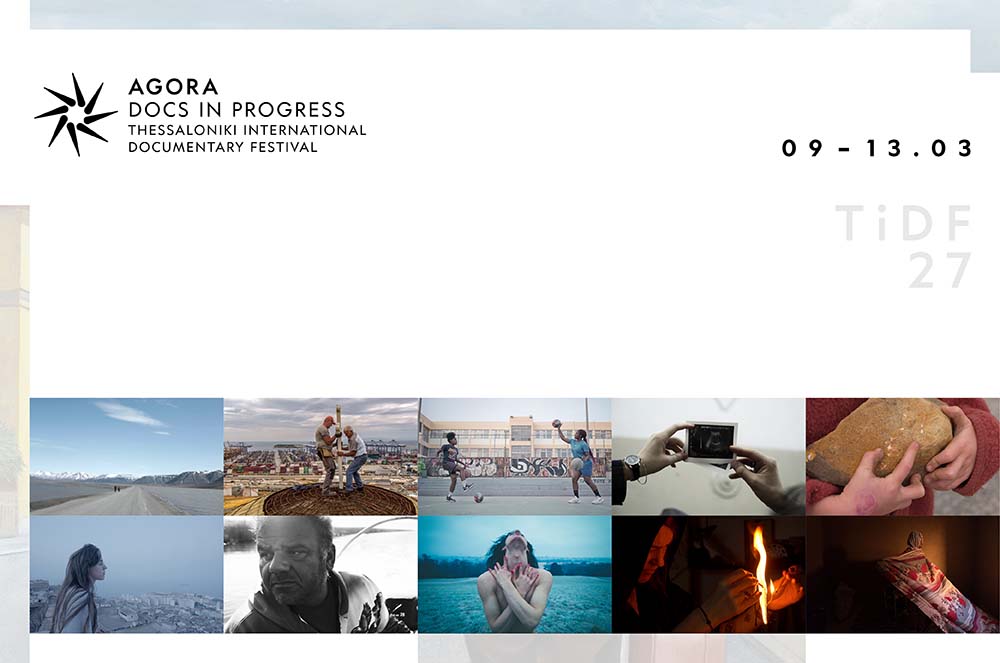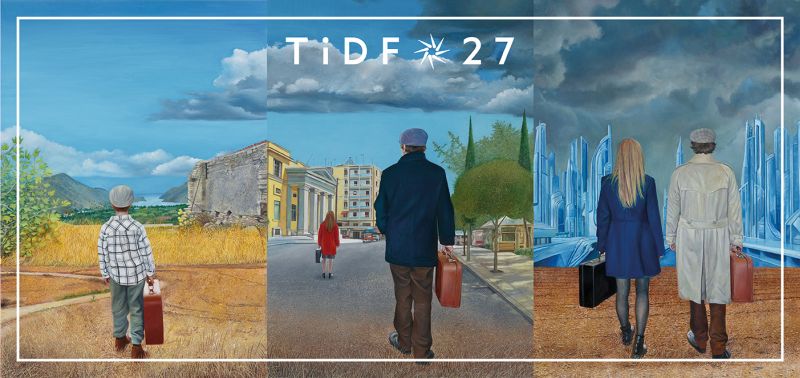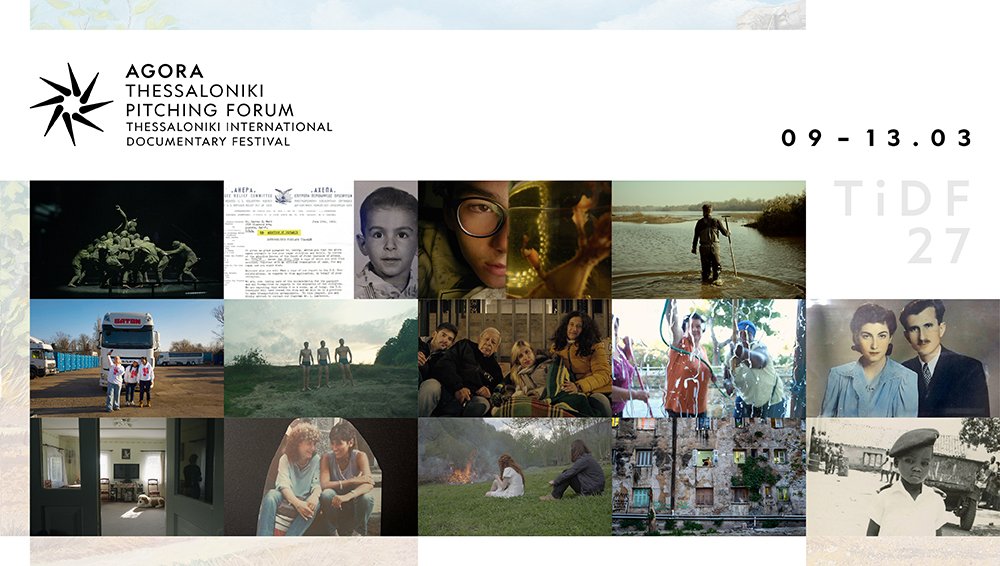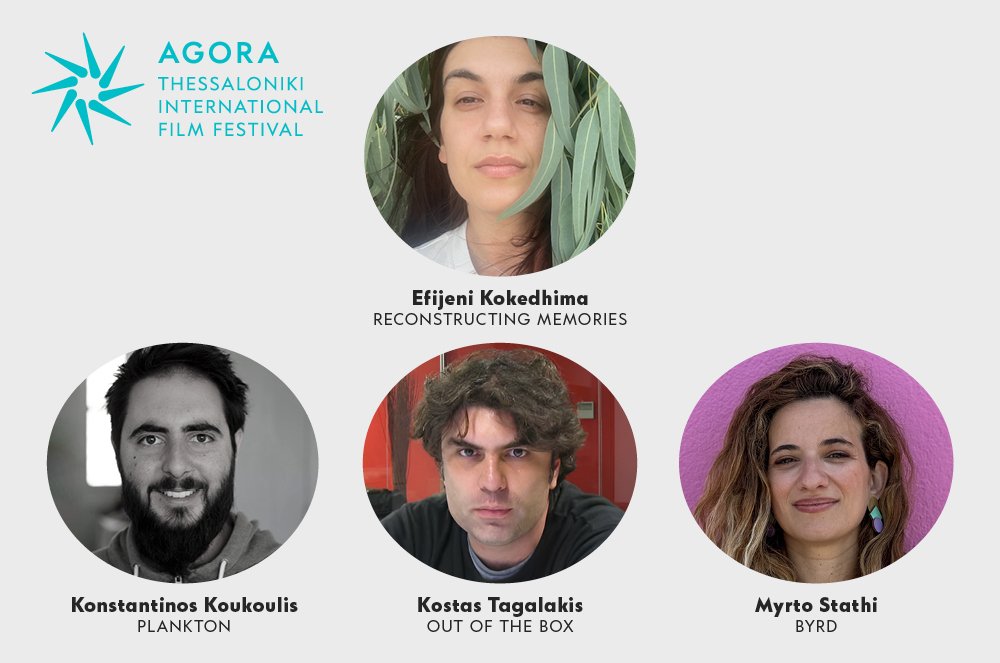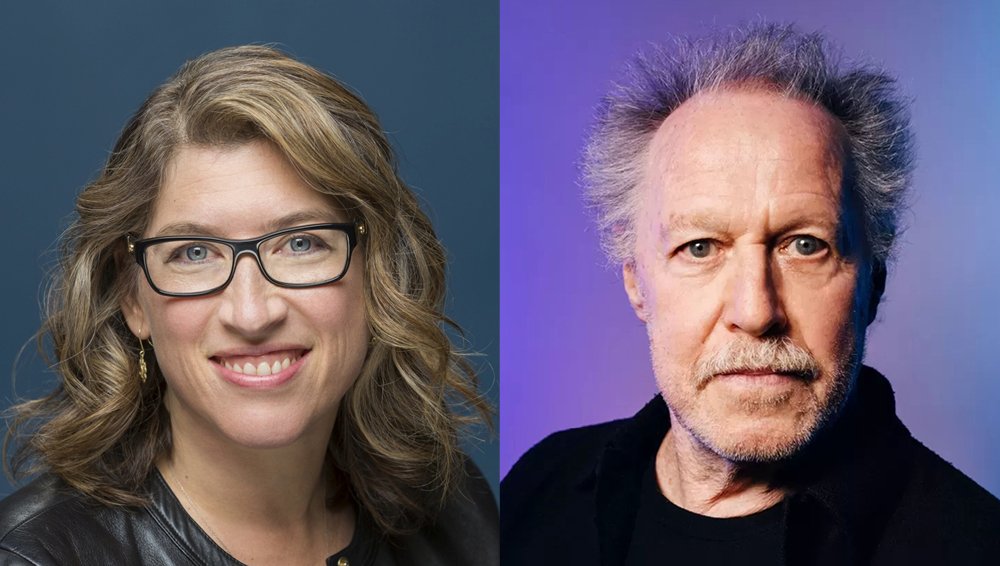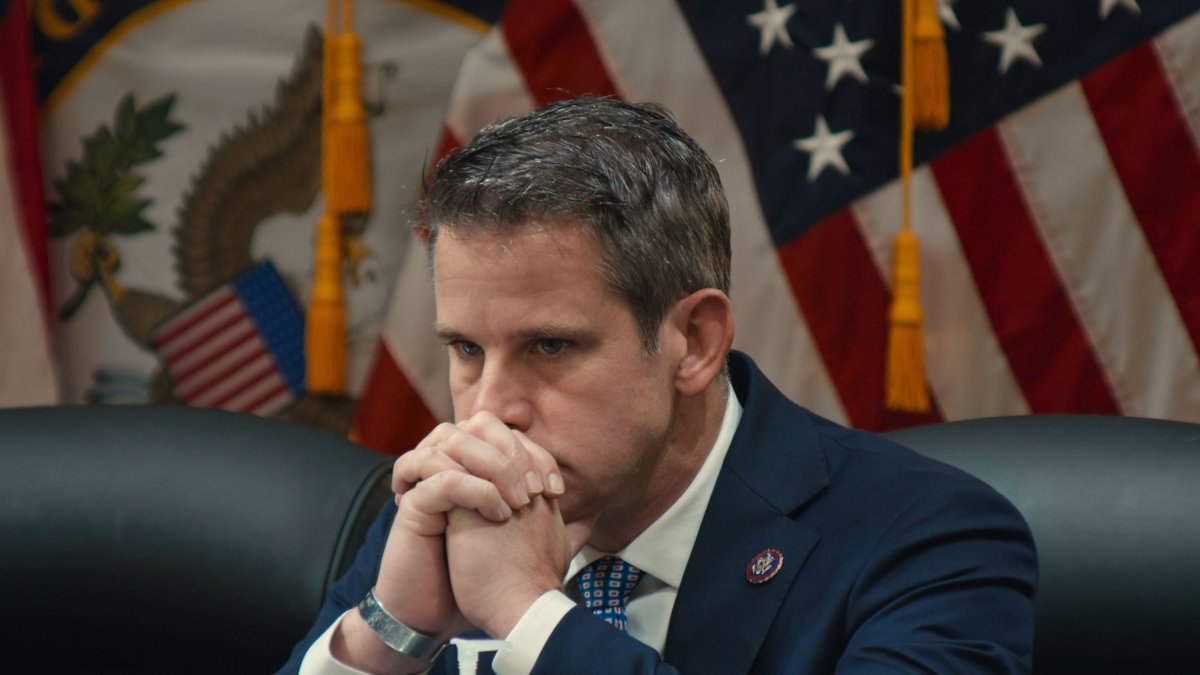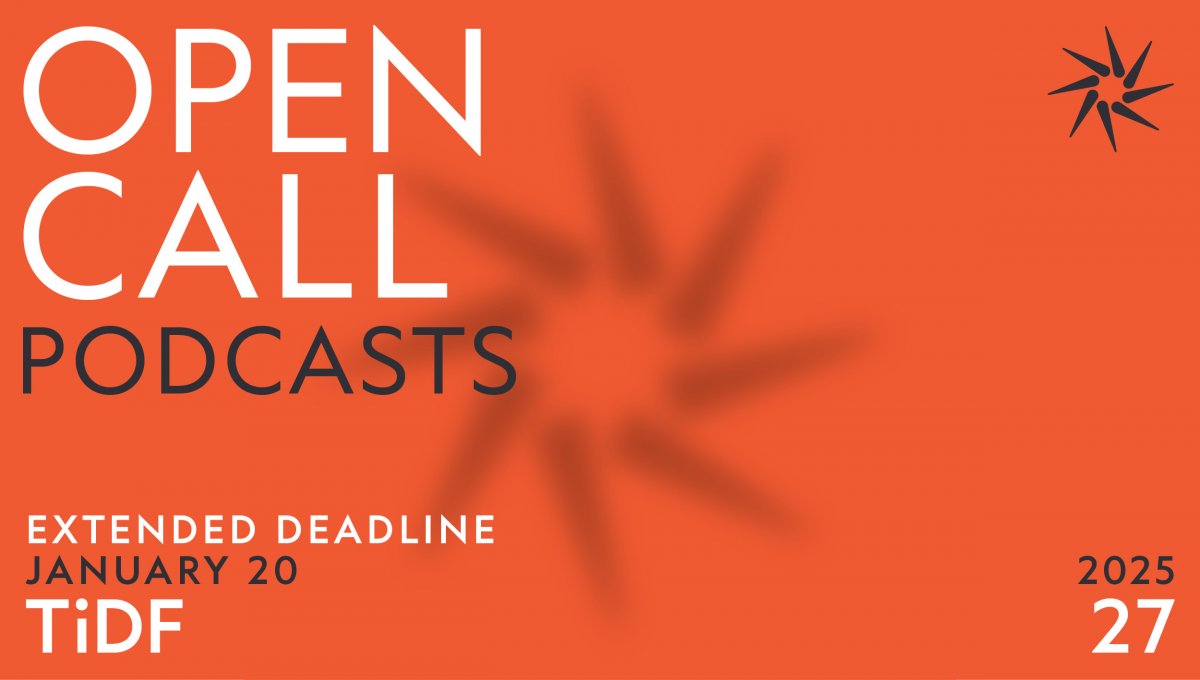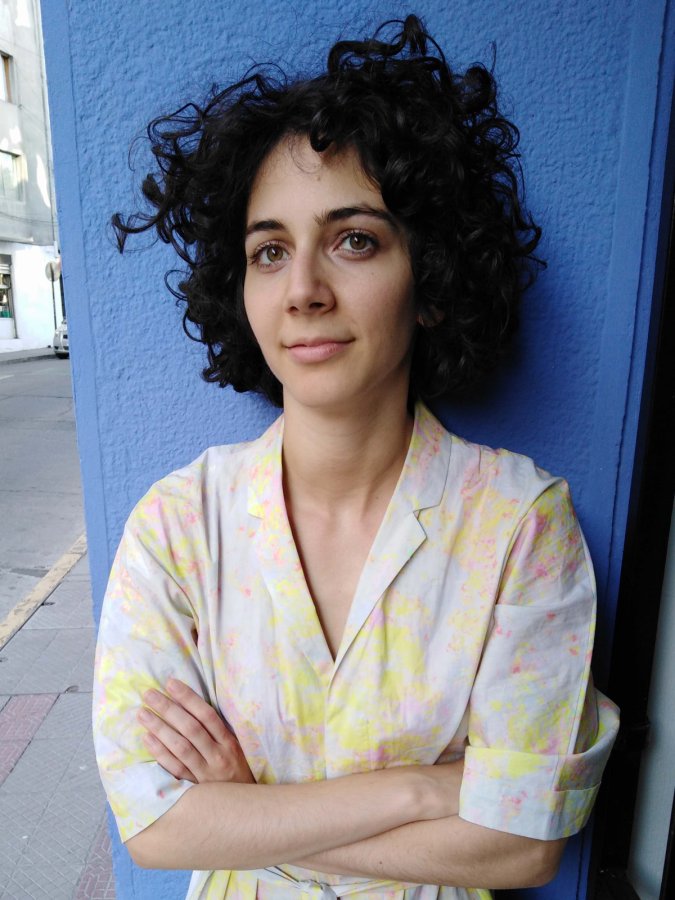10th Thessaloniki Documentary Festival –
Images of the 21st Century
March 7-16, 2008
PRESS RELEASE
PRESS CONFERENCE
SHE’S A BOY I KNEW – BE LIKE OTHERS – ABOUT WATER: PEOPLE AND YELLOW CANS – THE LOST COLONY – ETERNAL MASH
On Friday, March 14, a press conference was held in the context of the 10th Thessaloniki Documentary Festival, in the Olympion’s Green Room. The participating directors were: Gwen Haworth (She’s a boy I Knew), Tanaz Eshaghian (Be like others), Udo Maurer (About water: People and yellow cans), Astrid Bussink (The lost colony) and Catherine Van Campen (Eternal Mash).
Gwen Haworth (She’s a boy I knew) records the transformation of a man into a woman through archival material and animation. It is an autobiographical film, focused on the interpersonal relationships of a family which suddenly feels its bonds grow stronger, as it overcomes its prejudices regarding gender and sexuality. “I am very happy to be here, with such a personal film, that I never thought I would show other people”, the director said. What made her do it finally, was in order to deal with the fears and weakness she felt, so that: “through this process I become stronger”, as she confessed. People who go through a sex change feel very lonely and live in fear and silence for many years, she said, and that is why she herself wanted to speak. “Tolerance is different from acceptance, and I believe myself very lucky that my family and friends supported me so much”, G. Haworth continued. “The film worked like a ‘catharsis’ for me, and through it I would like to help promote dialogue about the issue of sex change, mainly in these people’s family circles”, she claimed, and in closing said that this film is an “ode” to her family.
Tanaz Eshaghian (Be like others) speaking about her film, revealed that it wasn’t particularly difficult for her to gain the trust of her “protagonists”. Quoting her heroes, the director said: “You don’t judge us, while all of society thinks we are perverted”. She went on to say: “I dealt with them as normal people and won their trust, in an environment where no one cares about them”. T. Eshaghian said that she made the film in order to speak to the people how live on the fringes of Iranian society. “The upper classes send their children abroad when they express their homosexuality, because it is considered shameful for the family. But there are many people from rural areas and poor families who have no other choice in order to live”, the director commented.
As Catherine Van Campen said about her film Eternal Mash, her purpose was to speak about the environment and the plant species which are disappearing due to human interference, “something that is not only happening in the Amazon, but also in areas such as Holland”, she stressed. She is optimistic for the future, because as she explained through her film she hopes to stimulate dialogue and sensitize the audience.
Udo Maurer after working in television for 20 years, decided to make the documentary About Water: People and yellow cans. This is a story that takes place in 3 different areas of the planet, about water and its importance to human existence. The reason he decided to make this documentary is that he wanted to speak about the water reserve problems specific areas of the planet face, saying that “a solution must be found, because we are also a part of the problem”, while he stressed that “at this point, to have access to clean water is a matter of human rights”.
Astrid Bussink (The lost colony) made a film about the oldest experimental laboratory on apes in the world, which was totally destroyed, and the efforts of the lab workers to bring it back to its former glory. “I understand the dimensions of this issue, and the reactions it could provoke, but I would like to clarify that the film is not about animal rights, but about these people and what they can do with their lives now”, the director said.



